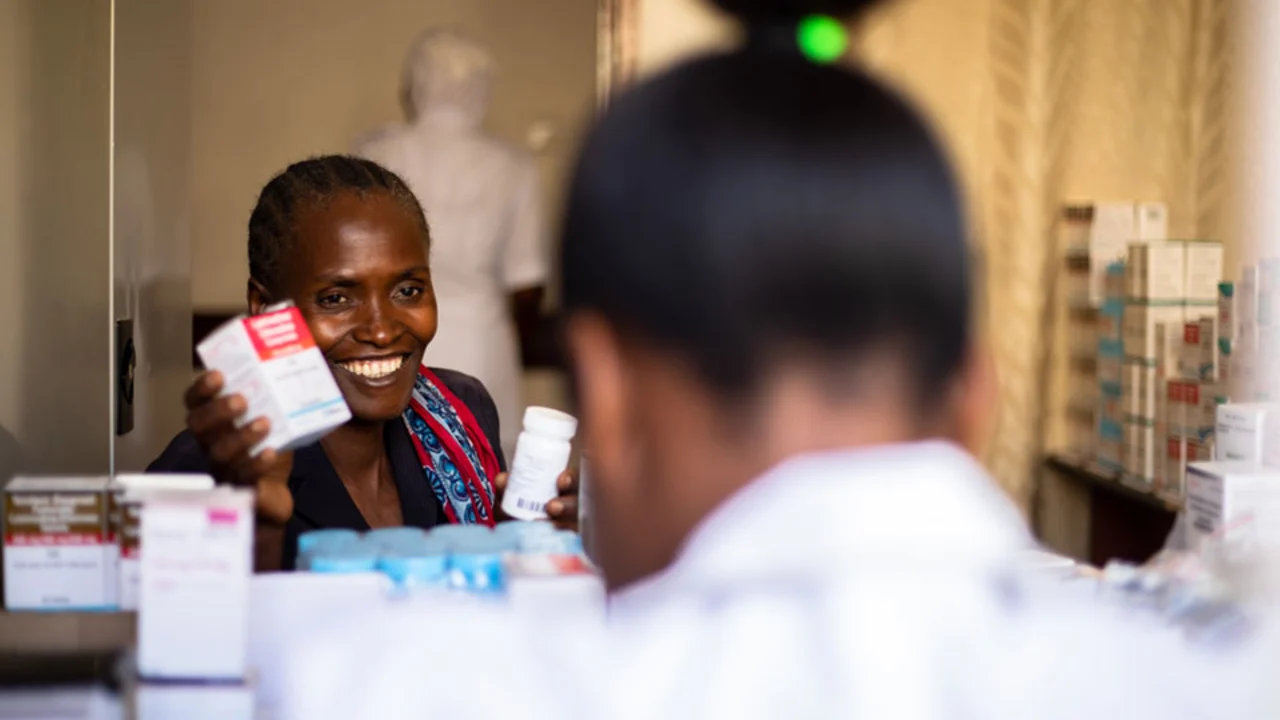HIV treatment affordability: practical ways to lower your HIV medication costs
Paying for HIV meds can feel overwhelming, but there are clear steps that actually work. Start by getting accurate info on exactly which antiretrovirals (ARVs) you’re prescribed and whether generics or cheaper equivalents exist. Knowing the drug names and doses gives you power — pharmacists and clinics can only help if you’ve got the basics ready.
Where to look for coverage and help
In Canada, check your provincial drug plan first (Ontario Drug Benefit, BC PharmaCare, RAMQ in Quebec, etc.). These programs often cover ARVs or offer low-cost options for people who qualify. If you have private insurance through work, review the formulary and ask HR about special case reviews for expensive meds.
If cost is still a barrier, talk to your HIV clinic or community health centre. Many clinics know drug manufacturer patient support programs — big companies like Gilead or ViiV run assistance or compassionate-use programs in some regions. Clinic social workers can help with applications, paperwork, and appeals.
Smart buying and safety tips
Generics can drop the price dramatically. Ask your prescriber or pharmacist whether a switch to a generic or a multi-source equivalent is safe for your regimen. Don’t stop or swap meds without talking to your doctor — resistance develops fast if doses are missed or changed incorrectly.
Mail-order pharmacies and bulk dispensing often save money on monthly refills. But be careful with online sellers: only use licensed Canadian pharmacies with clear contact info and verification seals (look for CIPA or provincial licensing). If you consider ordering from outside Canada, check rules first: importing prescription drugs can be legal in small personal amounts in some places but risky if the source isn’t verified.
Ask your pharmacist about co-pay assistance, special savings cards, or programs that reduce dispensing fees. Some non-profits and community AIDS service organizations also have emergency funds or vouchers to cover short-term costs — reach out to local organizations for quick help.
Keep a running list of every call, form, and approval. If an insurer denies coverage, request a written reason and file an appeal — many denials are overturned on appeal when a clinic documents medical necessity.
Finally, don’t gamble with adherence to save money. Skipping doses to stretch pills is a short-term fix that can cause resistance and make treatment far more expensive and complicated later. If cost forces you to make choices, call your clinic right away — they deal with this and will help find safer alternatives.
Need a next step? Pull together your prescription details, contact your provincial drug plan, and book a conversation with your HIV clinic or pharmacist. That single call often unlocks programs and savings you didn’t know existed.
Generic Ritonavir: Affordability and accessibility in HIV care
Hey everyone! Today, I want to delve into a game-changer in our fight against HIV - Generic Ritonavir. This cost-effective alternative has been a beacon of hope for those needing affordable HIV care. Its availability is expanding, which means that more people can access this crucial medication without breaking the bank. Let's explore how Generic Ritonavir is shaking up the HIV care landscape and why it's such a big deal for our community. It's about ensuring that everyone, regardless of their financial situation, has a fighting chance against HIV.
